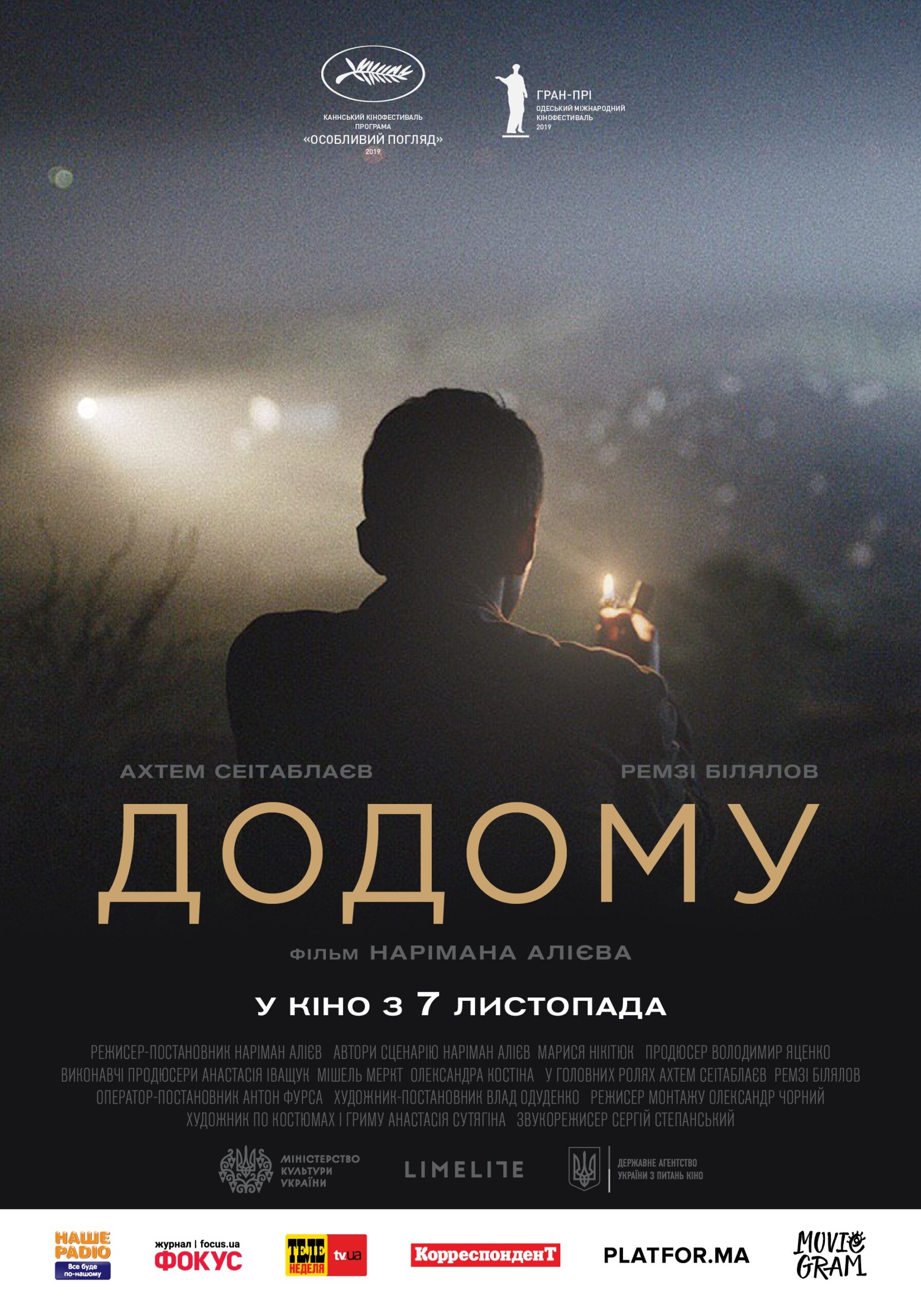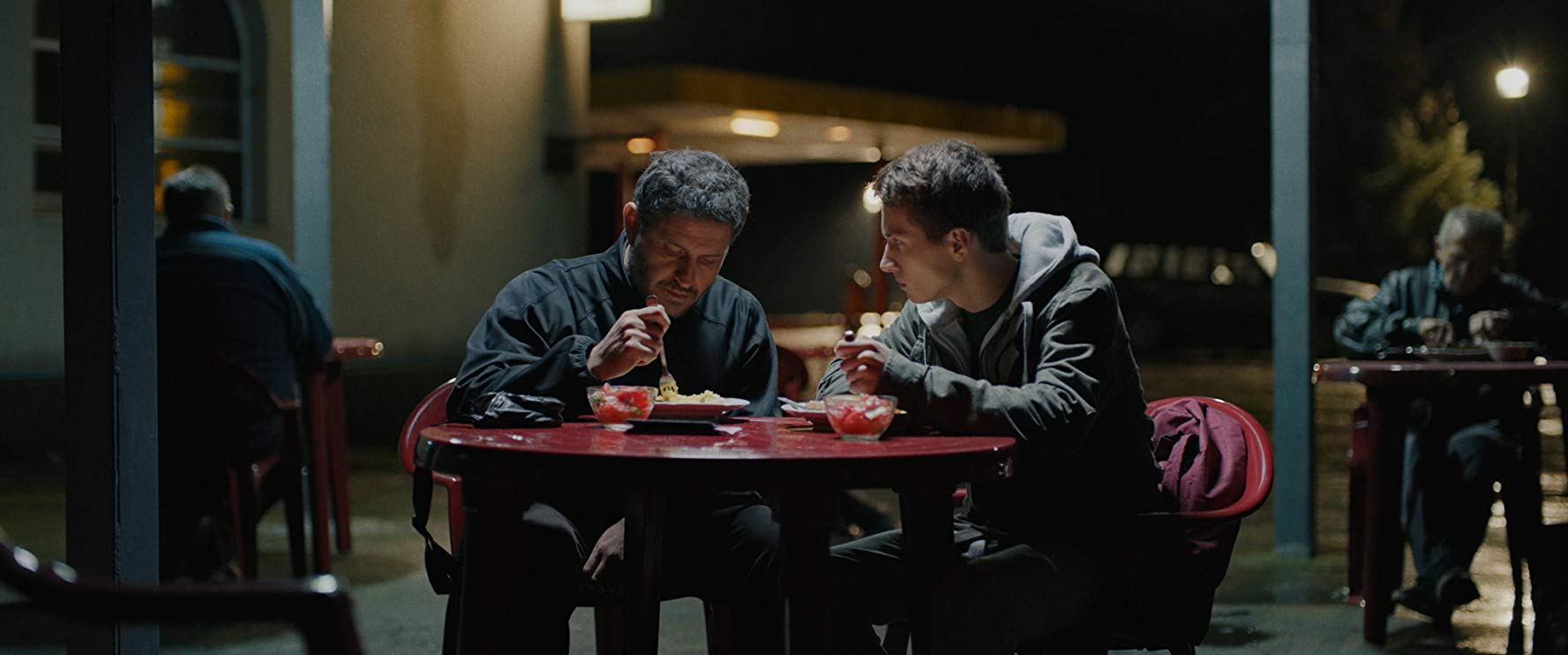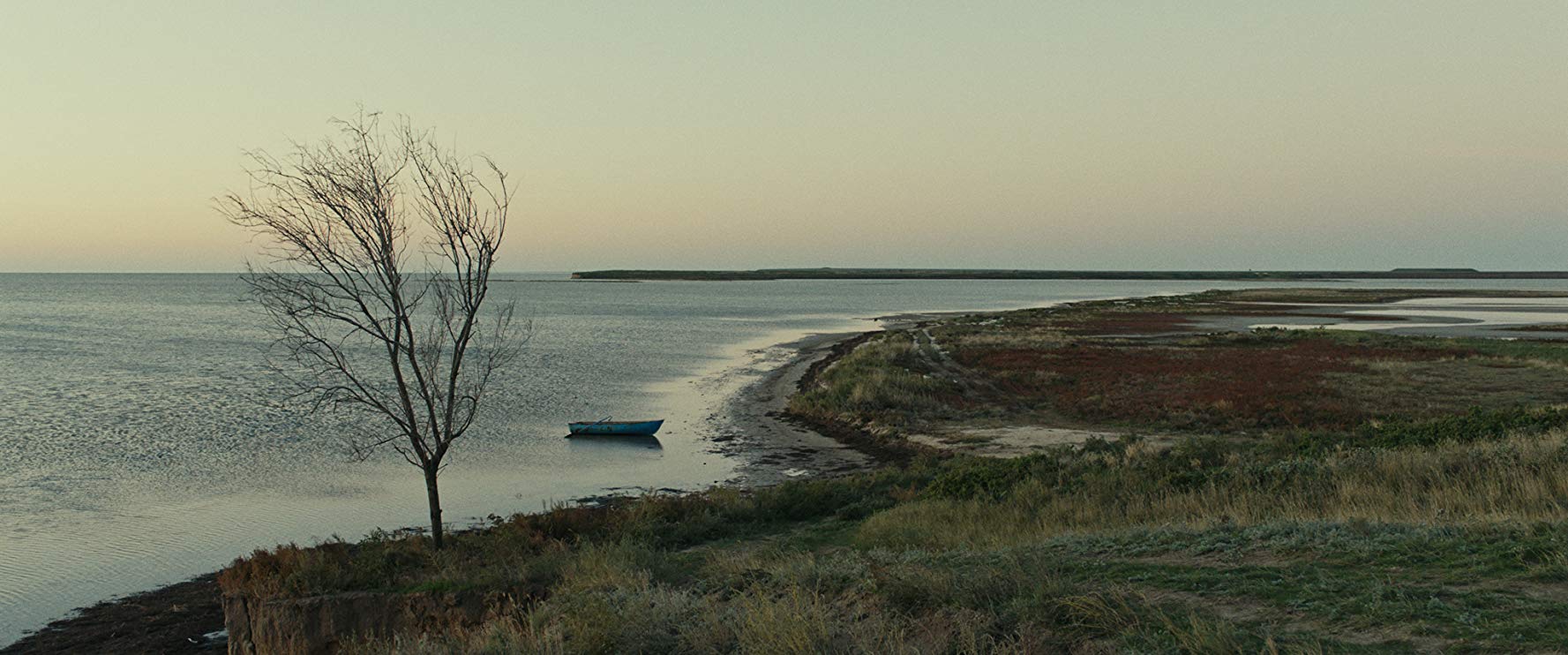
Homeward / Evge / Dodomu
2019
Ukraine
Limelite, ForeFilms
96 min
Nariman Aliiev
Nariman Aliiev, Marysia Nikitiuk
Anton Fursa
Akhtem Seitablaiev, Remzi Bilialov, Daria Barikhashvili, Veronika Lukianenko, Viktor Zhdanov, Anatolii Marempolskyi, Akmal Hurezov, Larysa Yatsenko
Mustafa’s elder son is killed in the war in Eastern Ukraine. Mustafa pays a bribe to retrieve his son’s body from the doctors and extracts his younger brother from a peaceful student apartment, all to journey together to Crimea. He buries Nazim according to religious tradition, but he confronts Alim with an ultimatum: it’s time to return to their homeland, no matter its current state.
In his debut in full-length cinema, Nariman Aliiev, who himself is from a village in the heart of the Crimean steppe, brings together themes he had been accumulating in his previous student works: the relationships between Crimean Tatars and Ukrainians; the situation of migrants in the Ukrainian capital, its forced — or imagined? — temporariness; and the loss of a loved one. It’s about the painful loss of a “blood” connection between a person and their land or between people themselves. Additionally, the film’s central conflict revolves around the loss of a common language between father and son. This is effectively underscored by the contrast in acting techniques between the main Crimean Tatar star of Ukrainian cinema and theater, Akhtem Seitablaiev, who brilliantly transforms into Mustafa, and amateur actor and Aliiev’s relative, Remzi Bilialov, who plays Alim.
Homeward enjoyed a successful festival run and received acclaim from critics. Aliiev managed to intuitively strike a delicate balance between the personal and the universal, and succeeded in maintaining it. The film was appreciated not only by film connoisseurs but also by the broader audience. The young director resisted the temptation to emphasize the poignant theme with lengthy speeches or even off-screen music, refraining from turning Homeward into a melodrama. His restraint and detachment are even more effective when dealing with characters estranged from society and from each other, portraying the loss of a person’s or a whole nation’s fundamental right to a living space. It’s not surprising that Crimean Tatars, are not the only ones who recognized themselves in this film.




